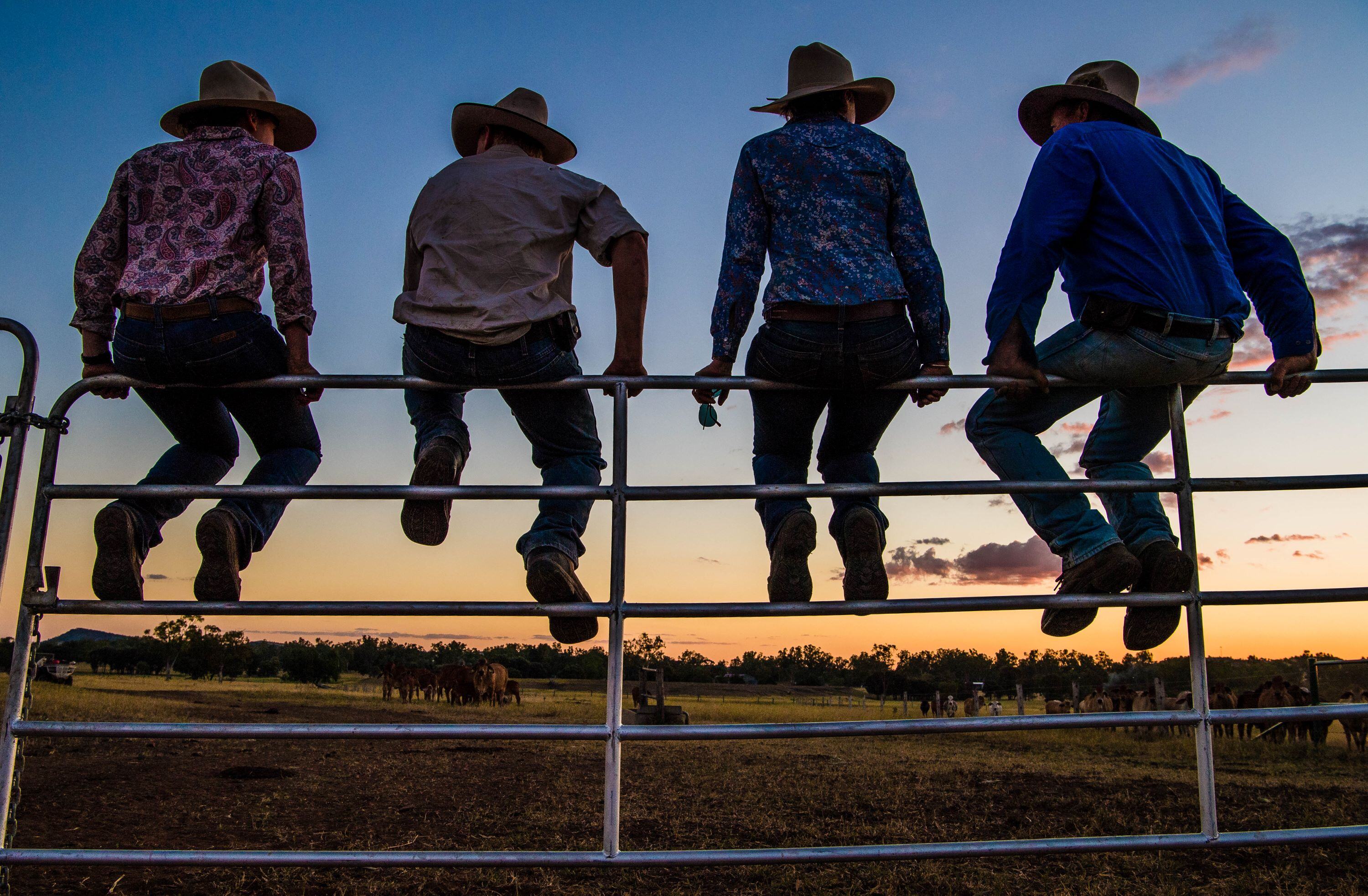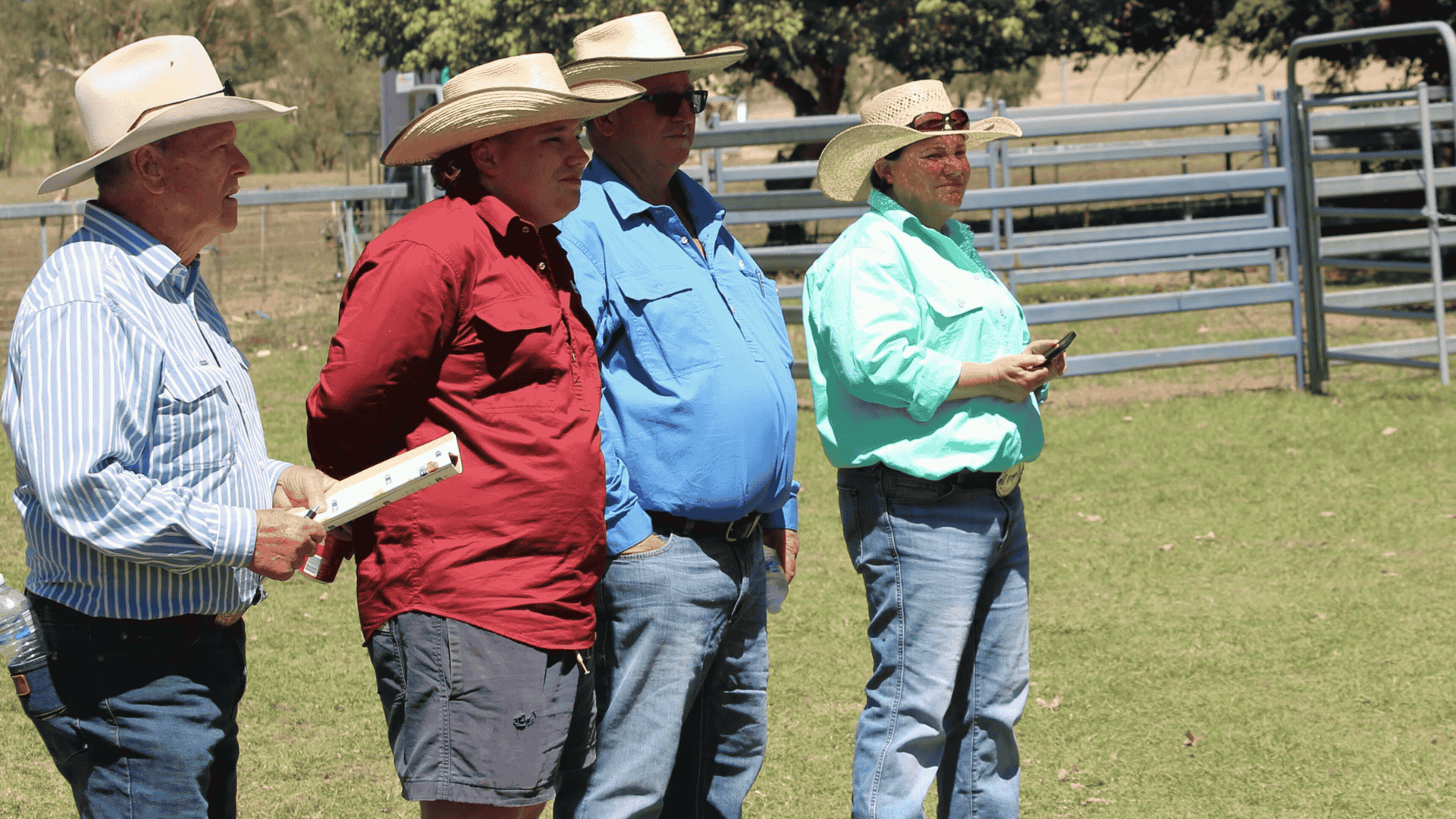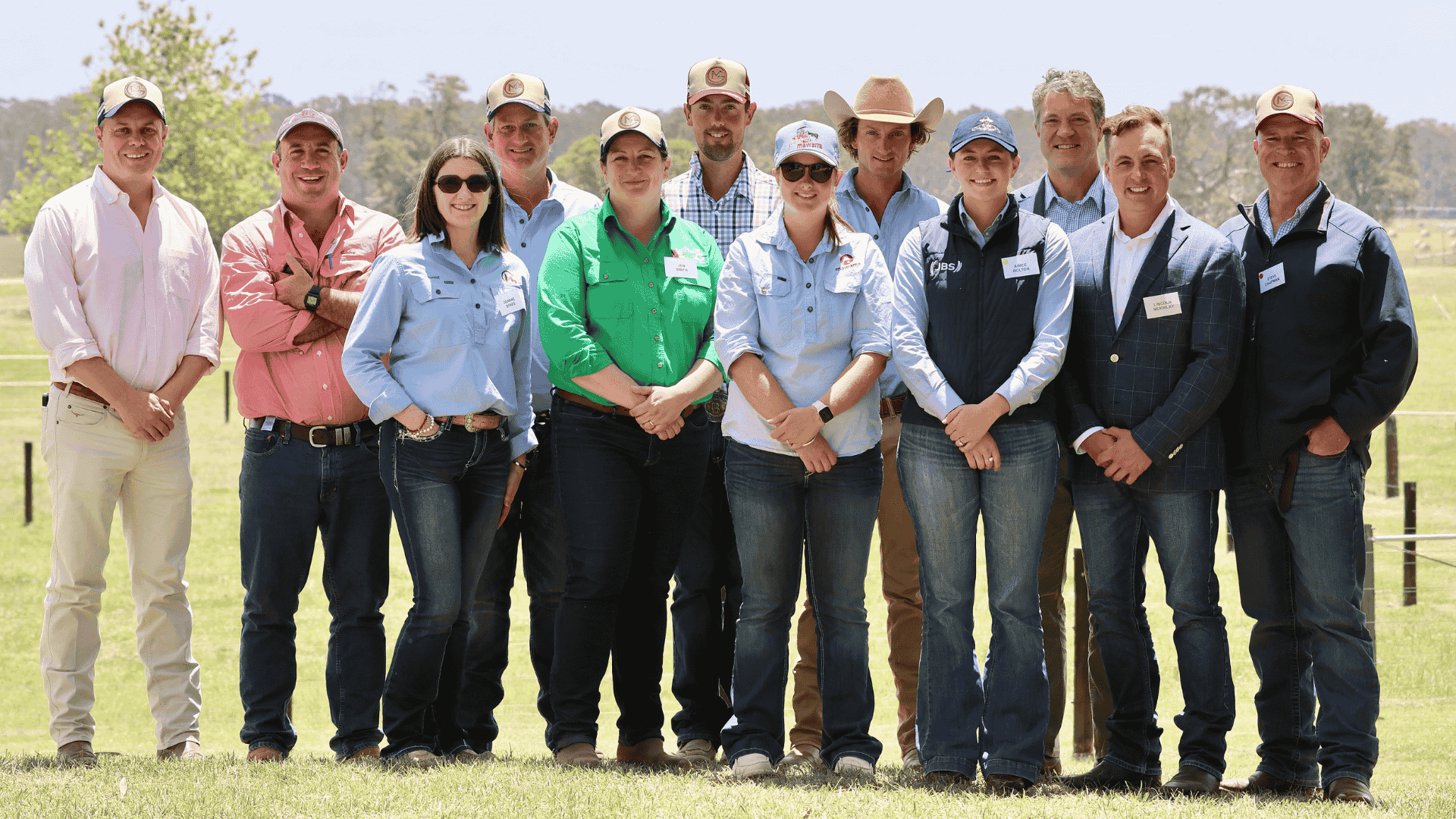New locations sought for Aussie beef due to China levy
Around 800 million burgers worth of Australian beef may need to be diverted into alternative markets, as China enforces import quotas limiting the...
2 min read
 Alex McLaughlin
:
Nov 25, 2024
Alex McLaughlin
:
Nov 25, 2024

Advocacy is the backbone of Australian agriculture, giving producers the power to influence decisions that shape their futures. From cattle to custard apples, there are about 267 agricultural advocacy bodies in Australia, voicing the concerns of a range of primary producers.
At the recent Young Beef Producers Forum in Roma, Queensland, industry leaders Dr Chris Parker, Nationals Leader David Littleproud, and Em Knight, Co-Chair of Queensland’s Young Producers Council, offered valuable insights on how young people can become effective advocates.
Their message was clear: advocacy is about more than representing individual interests—it’s about understanding the broader picture, building connections, and taking action.
Whether by staying informed about global events, asking challenging questions, or simply showing up at local meetings, these leaders emphasised that everyone has a role to play in driving the industry forward.
Advocacy is not just about representing your own interests—it’s about understanding the broader picture, stepping out of your comfort zone, and asking the right questions.
Mr Littleproud reinforced the importance of development, courage, and global awareness for Australian producers. He further encouraged producers to broaden their perspective by staying informed about national and global events.
“You’ve got to understand what’s happening in the world, what’s happening in our country,” he said.
While agriculture may feel isolated at times, Mr Littleproud said, “What happens around the rest of the world affects us.”
While having a wider understanding mainstream media is vital, he touched on the importance of asking the right questions and the power of grassroots advocacy in creating change.
Mr Littleproud spoke on an example with the Western Australia Farmers Association where a member questioned the inconsistency between Australia and New Zealand’s definition of a lamb.
Mr Littleproud took the issue to Canberra, and with a simple change, producers gained an additional $40 per head.
“It didn’t come from any wizard. It came because someone had the courage to come forward and ask a question,” he said.
For those wondering how to make a start in the industry and advocacy, Em Knight, shared her journey from a curious cattle producer to an influential advocate.
“I just had this overwhelming curiosity about how decisions were being made and how those decisions would impact me. So, I started showing up,” she said.
This curiosity led her to Department of Agriculture workshops, where she began building a network of mentors and peers.
Starting small, Ms Knight volunteered at her local camp draft committee, pouring beers and organising events that strengthened her community.
Over time, she was shoulder-tapped for leadership roles, eventually joining the Young Producers Council. She emphasised the power of simply showing up and engaging.
“Every position holds the same depth of importance. It’s not what you do—just do it,” she said.
Dr Parker echoed Ms Knight’s sentiment, urging producers to get involved at any level.
“We need everyone to take a role,” he said, highlighting the value of grassroots participation.
Dr Parker reinforced the importance of nurturing the next generation, stating, “Advocacy ensures agriculture remains sustainable, innovative, and community-focused.”
One of the greatest challenges for the agriculture industry Mr Parker believes lays in effectively leveraging its resources to address ongoing pressures.
“Our challenge over the next 20 years is mobilising our resources—both human capital and money—to tell our story,” he said.
“We’ve got a great story, a fantastic story, and it resonates. Don’t forget, every single survey shows that farming and producers are among the most trusted professions.”
“Farmers are trusted. What a fantastic base to start from. We’re already trusted; now we just need to tell our story.” Dr Parker added.
.png)
Around 800 million burgers worth of Australian beef may need to be diverted into alternative markets, as China enforces import quotas limiting the...

It was 3.30pm, the hottest part of January 9, when an out of control bushfire, powered by its own microclimate, came roaring out of the state forest...

At Mawarra Genetics, Peter and Deanne Sykes are focused on stepping back from short-term noise and focusing on what actually drives long-term,...